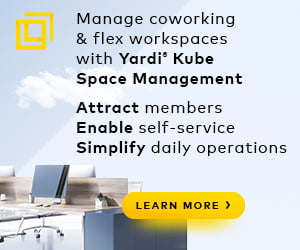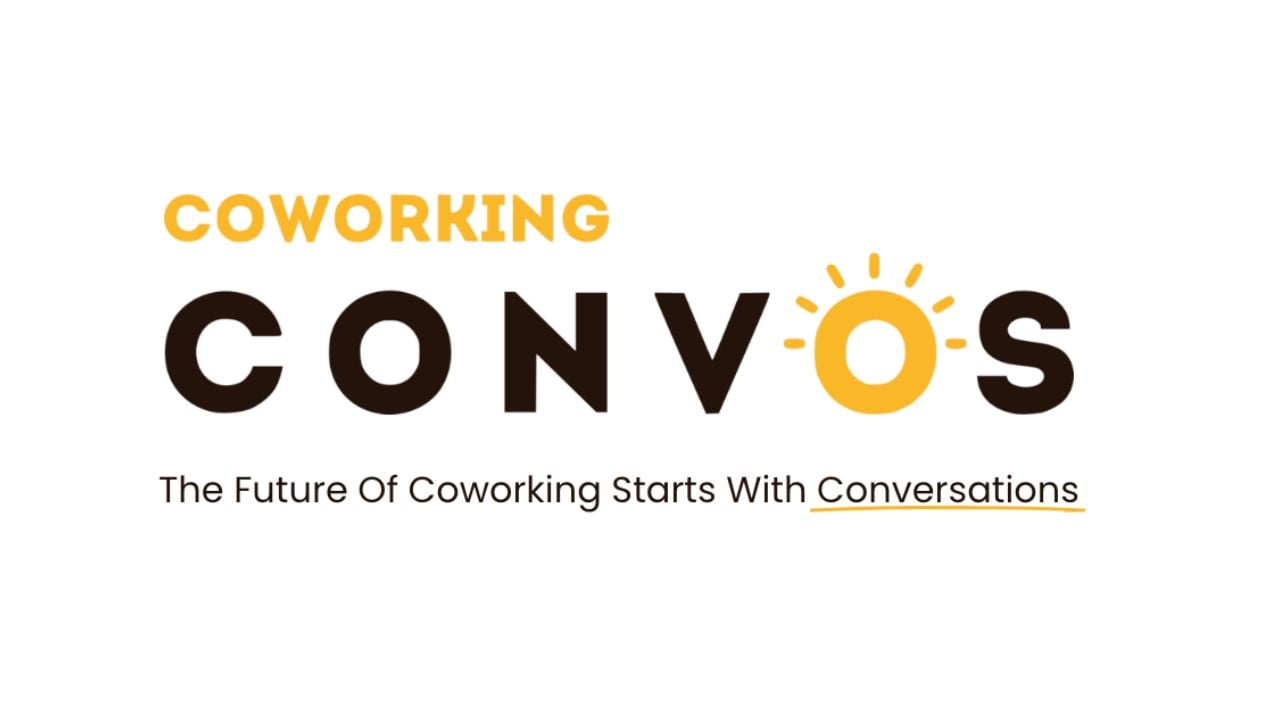Companies may think they are prepared for the inevitable transformation of the future of work, but leaders are still lacking the fundamental methods of ensuring that both their business and employees are prepared.
While adopting technologies and flexibility are part of this new way of working, it will take leadership, guidance and employee feedback to optimize your company’s operations.
A survey from staffing firm Robert Half has found that 64% of workers favor job-hopping, which is likely due to workers constantly seeking for better management and compensation. So in order for a company to attract and retain their top talent, leaders need to have a clearer view of what workers need from their workplace.
Additionally, companies who lack diversity are at high risk of falling behind their competitors. Not only does having a diverse workforce offer a competitive edge, it also provides businesses with a larger range of skills and ideas that can make for a truly innovative workplace.
Honing in on company culture is also crucial to a healthy work atmosphere, but allowing it to evolve unconsciously can be detrimental. Work culture is a direct reflection of your company. If it is not a place that actively works towards attracting and retaining top talent and promoting customer loyalty, there could be problems.
Lastly, freelancers have become a significant portion of the workforce. By embracing these independent workers, companies can reduce labor costs. In fact, businesses can save up to 30% of costs by hiring an independent contractor, freelancer digital marketer or other similar professionals according to Businessweek Magazine.

 Dr. Gleb Tsipursky – The Office Whisperer
Dr. Gleb Tsipursky – The Office Whisperer Cat Johnson – Coworking Marketing Maven
Cat Johnson – Coworking Marketing Maven Angela Howard – Culture Expert
Angela Howard – Culture Expert Drew Jones – Design & Innovation
Drew Jones – Design & Innovation Andrea Pirrotti-Dranchak – Competitive Advantage
Andrea Pirrotti-Dranchak – Competitive Advantage Jonathan Price – CRE & Flex Expert
Jonathan Price – CRE & Flex Expert Jeremy Fennema – Tech Innovation Alchemist
Jeremy Fennema – Tech Innovation Alchemist











